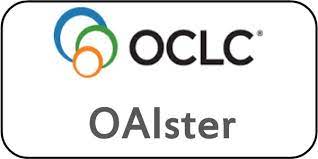The Expanding Role of Dapagliflozin Beyond the Glucose-lowering Effec
Keywords:
Dapagliflozin, heart failure, kidney disease, type 2 diabetes mellitusAbstract
Sodium-glucose cotransporter 2 (SGLT2) inhibitors have varied metabolic effects beyond increasing glycosuria. This consensus review examines the role of dapagliflozin in health promotion, particularly its benefits in patients with and without type 2 diabetes mellitus (T2DM) and in cardiorenal rehabilitation post-coronavirus disease 2019 (COVID-19). Consensus recommendations were developed by subject experts in Endocrinology and Diabetology based on the online meeting held on 27 June 2020 to review the available evidence related to the role of SGLT2 inhibitors, with a focus on cardiovascular and renal metabolic therapy. Evidence suggests that dapagliflozin has a direct role in improving clinical outcomes in patients with chronic kidney disease (CKD) or heart failure (HF). These benefits of dapagliflozin were independent of reduction in blood pressure, glycemic control and weight, and also extend to patients without diabetes. The use of dapagliflozin in metabolic syndrome was endorsed by the majority of the experts; however, this would be off-label. It was opined that the role of dapagliflozin would currently be limited to treating T2DM with a focus on preventing HF or kidney disease progression. The need for conducting multidisciplinary academic meetings to have a balanced approach regarding the use of dapagliflozin among nondiabetic patients and the need for detailed evaluation of the role of SGLT2 inhibitors in vasculometabolic and cardiorenal rehabilitation post-COVID was also suggested.
Downloads
Published
Issue
Section
License
All open access articles published in IJCP are distributed under the terms of the CC BY-NC 4.0 license (Creative Commons Attribution-Non-Commercial 4.0 International Public License). This license permits unrestricted use, distribution, and reproduction of the articles in any medium for non-commercial purposes, provided that: The original authorship is properly and fully attributed. The IJCP is cited as the original place of publication with correct citation details. If an original work is reproduced or disseminated in part or as a derivative work, this must be clearly indicated. No articles are reproduced for commercial use without prior consent from the IJCP. All licensing requests and permissions for commercial use will be managed by the Publisher.










